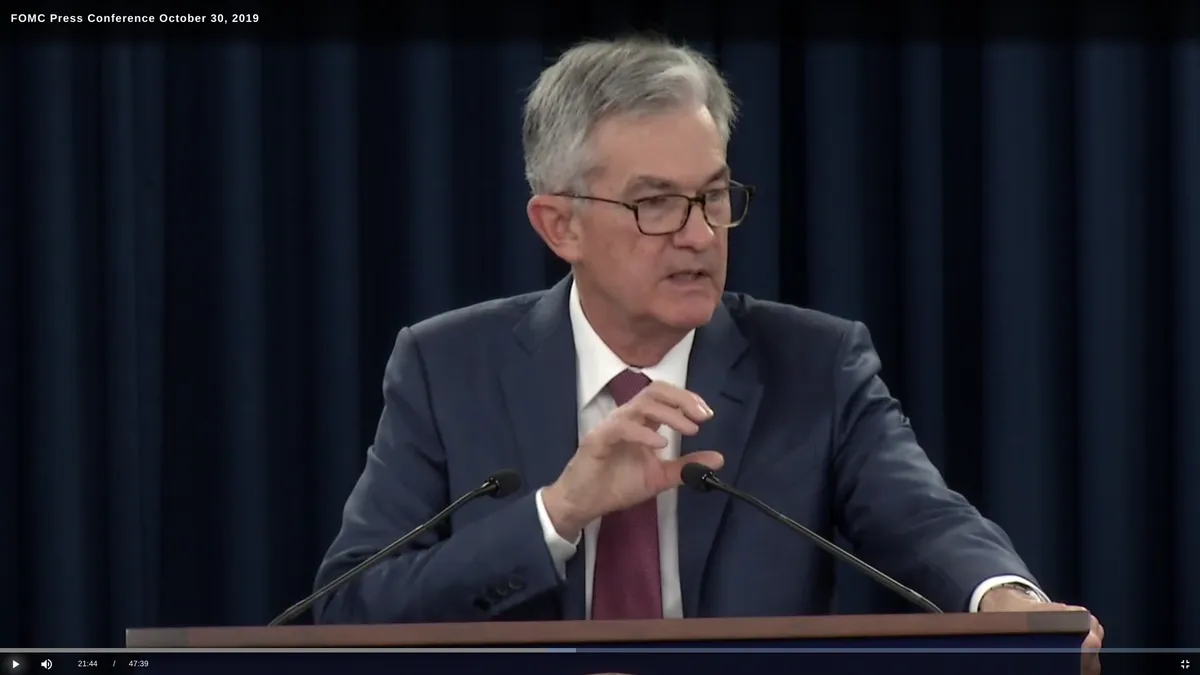In today’s environment of low corporate bond rates, CFOs of companies with large pension obligations are contemplating switching their accounting method to minimize rising expenses: moving from amortization to mark-to-market.
Most CFOs today amortize their company’s pension obligation over time, which means any losses they’ve occurred in their plan could linger on the books for several years. When corporate bond rates are low over an extended time, as they have been since 2010, keeping those losses on the books can drag down earnings per share.
That’s because low corporate bond rates push up the present value of future payments, which in turn puts pressure on CFOs to invest more pension finds in stocks and bonds to offset liabilities, according to a report last week in The Wall Street Journal.
Starting a decade ago, though, when the Federal Reserve effectively brought interest rates down to zero to spur the economy after the global economic meltdown, a few companies with large pension obligations switched to mark-to-market accounting.
Under this method, which the Financial Accounting Standards Board (FASB) recognizes as an appropriate alternative to amortization, any actuarial gains or losses in the pension plan are shown at one time in the last quarter of the company’s fiscal year.
Among the companies that have made the switch are Honeywell International, AT&T, IBM, Verizon, UPS, Coca-Cola and Northrop Grumman.
Increased volatility
Many CFOs are hesitant to make the switch because showing all of your gains or losses at one time increases year-to-year volatility. "Companies tend to report a large loss in one quarter, rather than spreading it out over years," the Journal reported.
General Motors and Johnson & Johnson are two companies with large pension liabilities that continue to use the amortization method.
Even so, more CFOs might decide showing year-to-year volatility is better than having old pension plan losses linger on the books for years, says Dan Mahoney, an analyst with investment-research firm CFRA LLC.
Since there’s little likelihood of interest rates rising in the near future, especially as the Federal Reserve contemplates its response to the growing economic threat of the coronavirus, more CFOs could look anew at mark-to-market accounting.
CFOs might be motivated to switch to an accounting method that helps put a substantial loss behind them rather than amortizing it over several years, Mahoney told the Journal.
Another option is to maintain their accounting methodology but change how they present their pension liability in non-GAAP, or "pro forma," earnings results, Michael Moran, a pension strategist at Goldman Sachs Asset Management, said in the report.














